Notably, this draft proposes two options for the legal status of Commune Health Stations, instead of just one option as before.
Accordingly, the first option still maintains the familiar model: The Commune Health Station is a public service unit, directly under the Commune People's Committee. The station will be under the comprehensive management of human resources, facilities and funding from the Commune People's Committee, and will be guided by the Department of Health in terms of expertise and profession.
 |
| The Ministry of Health has issued guidelines to maintain existing stations and transfer them to the new commune-level People's Committees for management, ensuring that each commune has at least one effectively operating health station. |
The second option is a notable new point: Commune Health Stations are directly under the Department of Health of the province or centrally-run city, while still being under the administrative management of the People's Committee at the commune level. This model helps to unify professional management, strengthen grassroots health capacity and facilitate more effective resource allocation.
The draft also affirms that the Commune Health Station has legal status, headquarters, seal and separate account at the State Treasury or bank according to regulations.
Not only has the management model changed, the functions and tasks of the Commune Health Station have also been expanded and modernized, aiming to become a comprehensive primary health care point for the people.
The Health Station will not only stop at vaccination or dispensing health insurance drugs as before, but also provide basic medical examination and treatment, first aid, outpatient treatment, chronic disease management, health care for the elderly, children, pregnant women, and participate in counseling on mental health, reproductive health, and HIV/AIDS prevention.
In addition, the Station is also responsible for disease surveillance, organizing expanded vaccination, implementing community nutrition programs, school health, preventing accidents and injuries, food poisoning, and the harmful effects of tobacco and alcohol.
A new point in the draft is that the Commune Health Station will participate in social protection work, screening and supporting vulnerable groups such as people with disabilities, people with mental disorders, victims of violence or abused children.
In particular, in the context of digital transformation in healthcare, the Commune Health Station will deploy electronic health records, connect data with the upper-level healthcare system, perform remote medical examination and treatment (telehealth), and coordinate consultations when necessary.
Regarding the organizational structure, the Commune Health Station will have a station chief, deputy station chief and functional departments such as the disease prevention department, the examination department, the pharmacy - paraclinical department, the population - social protection department along with the Health Station points in charge of a large area. The arrangement of human resources will be based on the job position project developed and approved according to regulations.
For disadvantaged areas and special zones without hospitals, if qualified, the Commune Health Station can be assigned to provide inpatient treatment and arrange hospital beds. This is a flexible solution to help people in remote areas access timely medical services.
The draft also stipulates that the roadmap for implementing the new Health Station model must be completed before December 31, 2027. During the transition period, the Stations will continue to operate according to the current model and instructions from the Provincial People's Committee.
Previously, after the 9th session of the 15th National Assembly , many voters reflected on the reality that each commune after the merger had from 2 to 7 Health Stations.
The Ministry of Health has issued guidelines to maintain existing stations and transfer them to the new commune-level People's Committees for management, ensuring that each commune has at least one effectively operating health station.
According to Ms. Tran Thi Trang, Director of the Department of Health Insurance (Ministry of Health), in the future, Commune Health Stations need to be reshaped as a frontline multidisciplinary clinic, where people can access most basic health services, from vaccination, medical examination and treatment, periodic health care, to disease risk screening, care for the elderly, chronic patients or psychological support.
Ms. Trang also emphasized the importance of the model combining family medicine and community health, along with the application of technology to connect with higher levels, improving the quality of medical examination and treatment.
Source: https://baodautu.vn/tram-y-te-xa-co-the-truc-thuoc-so-y-te-mo-rong-quyen-han-va-chuc-nang-d411123.html








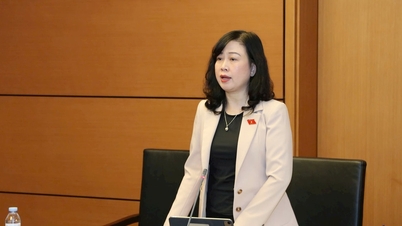

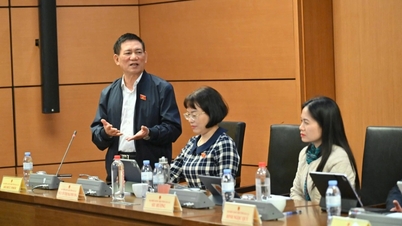



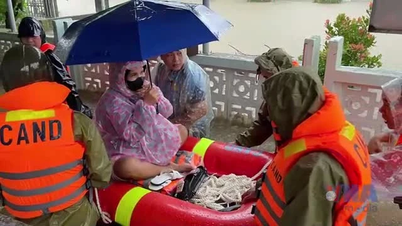







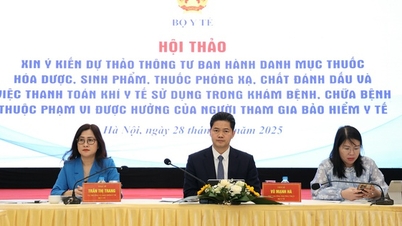

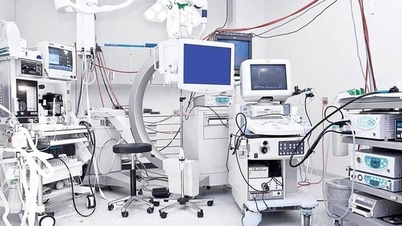
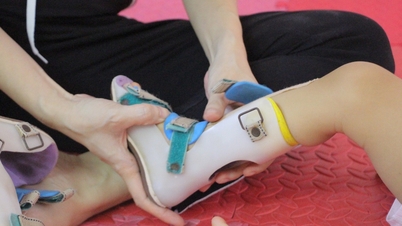

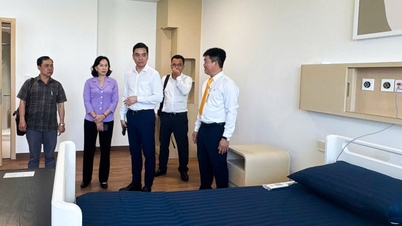
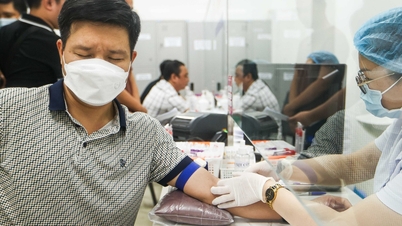







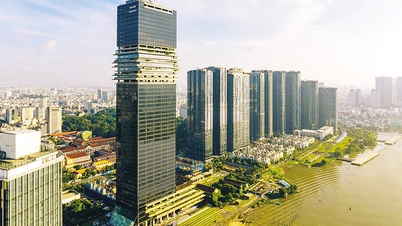
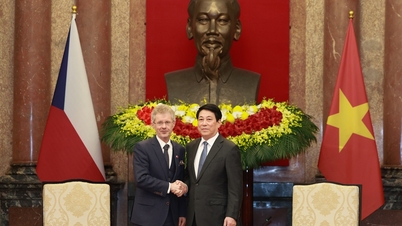
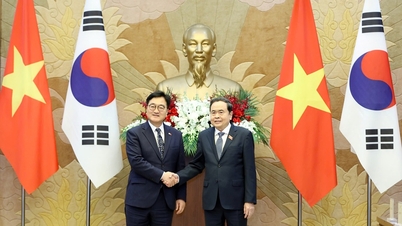




















































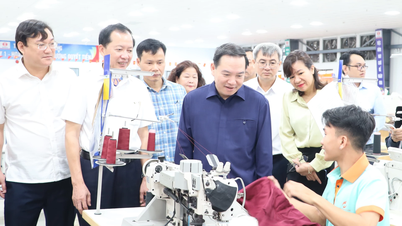

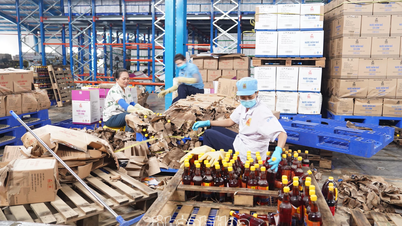
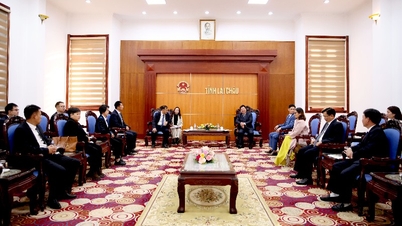

















Comment (0)